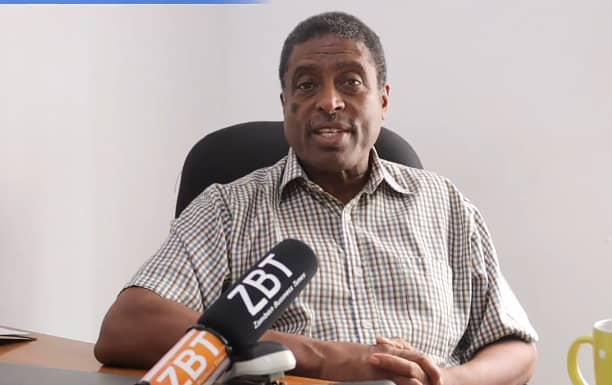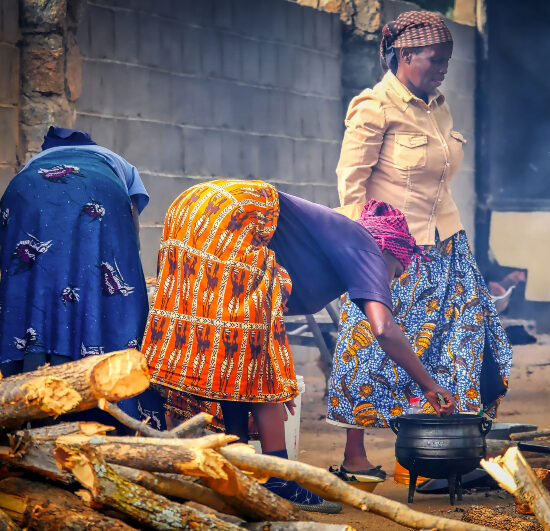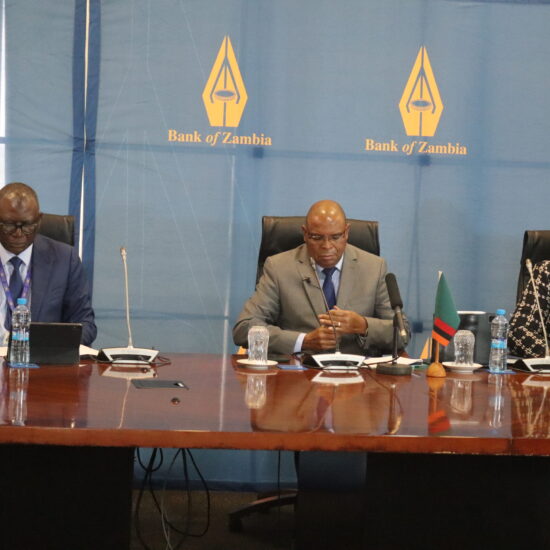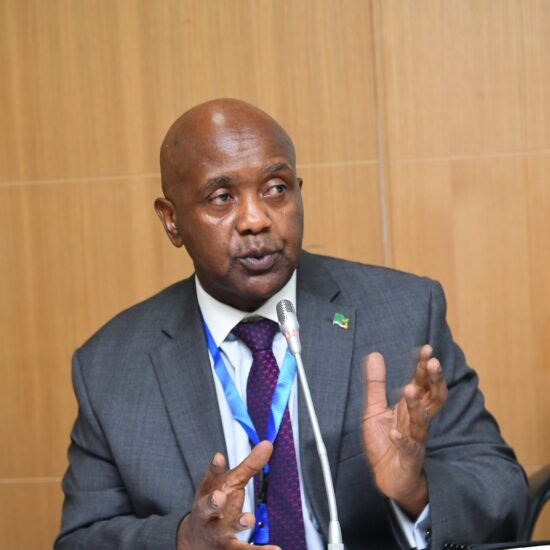
Economist Yusuf Dodia has warned that if Zambia fails to address the underlying causes contributing to the current economic instability, it will be challenging for the country to achieve increased economic growth.
Speaking in an exclusive interview with the Zambian Business Times –ZBT, Dodia, stated that while the 2024 National Budget focuses on many goals the country would like to set for itself, it is essential to consider the reality on the ground.
Dodia noted that foreign funding and financing account for about 15 percent of the budget, while domestic financing, which involves borrowing from the local economy in the form of treasury bills and bonds, accounts for about 20 to 30 percent of the budget.
He said this means that the Zambia Revenue Authority’s (ZRA) resource mobilization target is insufficient to cover the entire budget. “In 2023, the ZRA was expected to collect about K110 billion, but the 2024 budget is almost 180 billion, leaving a shortfall of about 70 to 80 billion in the national budget.”
Dodia pointed out that the country has less control than it should have over its resources, adding that the cost of doing business in Zambia is being increased by the difficulties currently being faced by the economy, such as the depreciation of the kwacha, high fuel prices, and increasing electricity tariffs.
Dodia further mentioned that commercializing and privatizing the energy sector may not have been the right thing to do, but he believes it ought to be driven by the government or a state-owned entity.
Dodia emphasized that the country’s electricity tariffs are not being determined by the government, which is seeking to build an economy by making access to electricity cheaper, but by investors who demand certain tariffs for selling their products to Zesco, which is known as a power purchase agreement.
“If the power purchase agreement is very high, it means that Zesco is pushed to increase the tariffs on the Zambian population, making it difficult to develop the economy.”
Dodia called for a reflection on the energy policy with a view to fixing it given the experiences of European economies, which have gone into recession, and Asian economies, which are registering GDP growth above 6 percent because they control the energy sector in their countries.
Dodia said that if things are left as they are, it will be difficult to achieve economic growth above 4 percent, and the country is likely to see the economy becoming very sluggish, making it difficult to move forward.









